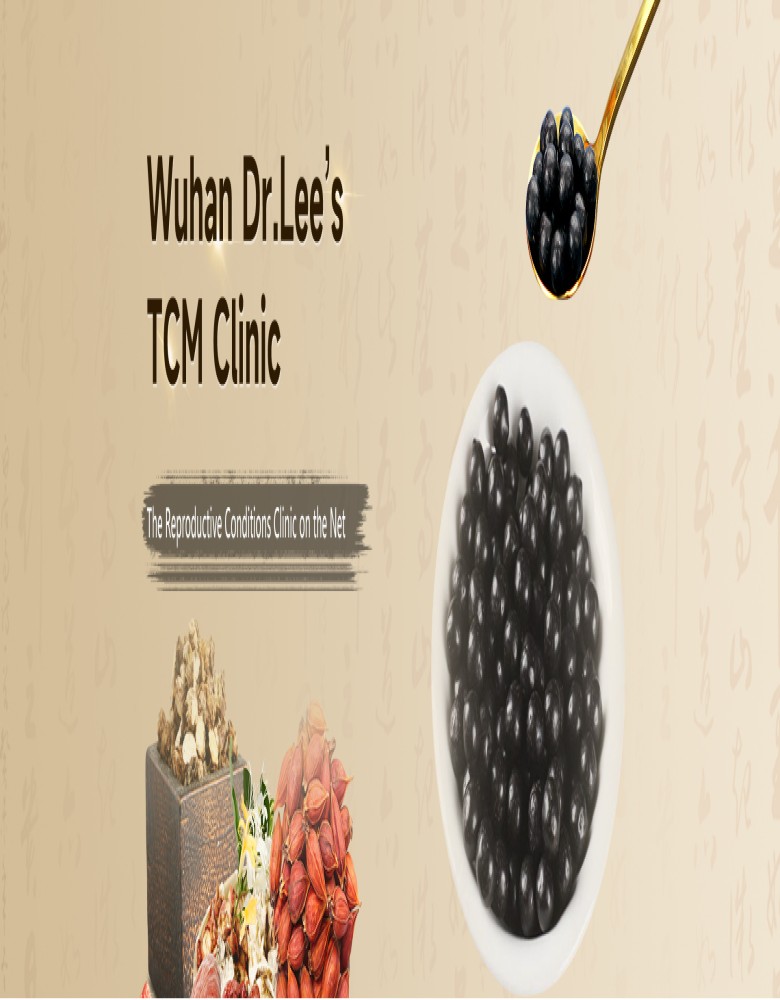The Flaky Writer’s Foolproof Guide to Meeting Deadlines
Struggling to meet deadlines? The Flaky Writer’s Foolproof Guide to Meeting Deadlines offers practical strategies to overcome procrastination and boost productivity. Learn effective time-management techniques and how to stay on track with your writing projects. Transform your habits and meet every deadline with confidence.
In the fast-paced world of writing, meeting deadlines can often feel like an insurmountable challenge, especially for those who find themselves struggling with consistency. Whether you're working on a novel, a blog post, or content for a client, managing time effectively is crucial. This guide provides a foolproof strategy for flaky writers to consistently meet their deadlines, enhance productivity, and ultimately achieve success.
Understanding the Deadline Dilemma
Deadlines are a critical component of the writing industry, influencing not only your reputation but also your career trajectory. For many writers, the concept of a deadline can induce anxiety, leading to procrastination and missed targets. Understanding why deadlines matter and how they impact your work is the first step toward overcoming this challenge.
Deadlines help establish a framework within which creative work can be completed. They drive the project forward, ensure timely delivery, and maintain client satisfaction. Recognizing the importance of deadlines can serve as a powerful motivator, encouraging you to stay on track and avoid the pitfalls of procrastination.
Creating a Realistic Writing Schedule
One of the most effective ways to ensure you meet your deadlines is by creating a realistic writing schedule. A well-structured schedule provides a clear roadmap for your writing tasks, breaking them down into manageable segments.
Start by assessing the scope of your project. Break down the tasks into smaller, more achievable goals, and allocate specific time slots for each task. This approach helps prevent overwhelm and makes the overall project feel more manageable. Use tools like calendars or project management apps to keep track of your schedule and adjust it as needed.
Developing Effective Time Management Skills
Time management is a cornerstone of meeting deadlines. Without effective time management skills, even the most meticulously planned schedule can fall apart. Implementing strategies such as the Pomodoro Technique or time blocking can significantly improve your productivity.
The Pomodoro Technique involves working in focused intervals, typically 25 minutes, followed by a short break. This method helps maintain concentration and prevents burnout. Time blocking, on the other hand, involves dedicating specific blocks of time to different tasks throughout your day. Both techniques can enhance your ability to manage time effectively and meet deadlines consistently.
Eliminating Distractions
Distractions can be a major barrier to meeting deadlines. Whether it's social media, noisy environments, or personal interruptions, finding ways to minimize these distractions is crucial for maintaining focus.
Create a dedicated workspace that is free from potential interruptions. Use apps or tools that block distracting websites during your writing sessions. Communicate with those around you about your need for uninterrupted time, and establish boundaries to protect your work time.
Setting Clear and Achievable Goals
Setting clear and achievable goals is essential for staying on track with deadlines. Goals should be specific, measurable, attainable, relevant, and time-bound (SMART). This framework helps ensure that your goals are well-defined and achievable within the given timeframe.
Break your larger project into smaller milestones and set deadlines for each. This approach helps maintain momentum and provides a sense of accomplishment as you complete each milestone. Regularly review your goals and adjust them as necessary to stay aligned with your overall deadline.
Implementing a Workflow System
A well-defined workflow system can streamline your writing process and improve efficiency. Establishing a consistent workflow helps maintain order and ensures that you complete tasks in a logical sequence.
Identify the stages of your writing process, from research and outlining to drafting and editing. Create a checklist or workflow diagram to visualize each stage and track your progress. Having a structured workflow helps prevent tasks from falling through the cracks and ensures that you stay on track with deadlines.
Utilizing Productivity Tools
In today’s digital age, there are numerous productivity tools available that can aid in meeting deadlines. From writing software to project management apps, these tools can enhance your efficiency and help you stay organized.
Consider using writing software with features such as distraction-free modes and progress tracking. Project management tools can help you create and monitor schedules, set reminders, and collaborate with others if needed. Explore different tools to find those that best suit your writing style and workflow.
Maintaining Motivation and Accountability
Staying motivated and accountable is crucial for meeting deadlines. Motivation can wane over time, especially if the project is long-term or complex. Finding ways to keep yourself motivated and accountable can make a significant difference in your ability to meet deadlines.
Set personal rewards for completing tasks or milestones to maintain motivation. Share your deadlines and progress with a trusted friend or colleague who can provide support and hold you accountable. Regularly review your progress and celebrate your achievements to stay motivated throughout the project.
Handling Last-Minute Changes
Last-minute changes are an inevitable part of the writing process. Whether it's client feedback or new insights, handling these changes effectively is essential for meeting deadlines without unnecessary stress.
Develop a flexible mindset and be prepared to adapt your schedule as needed. Communicate with stakeholders about any potential impact on deadlines and negotiate realistic timelines if necessary. Implementing a buffer period into your schedule can help accommodate unexpected changes and prevent delays.
Mastering the Art of Revision
Revision is a critical stage of the writing process that can significantly impact your ability to meet deadlines. Efficiently managing revisions ensures that your final work meets quality standards without causing unnecessary delays.
Create a structured revision plan, focusing on key areas such as content, structure, and grammar. Prioritize revisions based on their importance and allocate specific time slots for each. Avoid getting bogged down in perfectionism and aim for a balance between quality and timeliness.
Building a Support Network
Having a support network can be invaluable in meeting deadlines. Surround yourself with individuals who understand the challenges of writing and can offer guidance, feedback, and encouragement.
Join writing groups, forums, or communities where you can connect with fellow writers. Seek mentorship from experienced professionals who can provide insights and advice. Building a support network helps foster a sense of accountability and provides valuable resources for overcoming challenges.
Staying Healthy and Balanced
Maintaining your physical and mental well-being is essential for sustaining productivity and meeting deadlines. Neglecting your health can lead to burnout and decreased efficiency.
Incorporate regular exercise, healthy eating, and adequate rest into your routine. Practice stress management techniques such as mindfulness or relaxation exercises. Prioritizing your well-being helps ensure that you remain focused and energized throughout the writing process.
FAQ
1. How can I overcome procrastination when facing a tight deadline?
To overcome procrastination, break the project into smaller tasks and set short-term goals. Use time management techniques like the Pomodoro Technique to stay focused. Creating a structured schedule and eliminating distractions can also help maintain productivity.
2. What are some effective tools for managing writing deadlines?
Effective tools include project management apps like Trello or Asana, writing software with distraction-free modes, and calendar apps for scheduling. Experiment with different tools to find those that best support your workflow and deadlines.
3. How can I handle feedback and revisions without impacting my deadline?
To handle feedback and revisions efficiently, incorporate a buffer period into your schedule. Prioritize revisions based on their importance and address them systematically. Communicate with stakeholders about any potential impacts on deadlines and adjust your timeline if needed.
4. What strategies can I use to stay motivated throughout a long-term project?
To stay motivated, set personal rewards for completing milestones and track your progress regularly. Share your goals and progress with a support network for accountability. Celebrating achievements and maintaining a positive mindset can also help sustain motivation.
5. How can I create a realistic writing schedule for a large project?
Assess the project scope and break it down into smaller, manageable tasks. Allocate specific time slots for each task and use tools like calendars or project management apps to track your schedule. Adjust your plan as needed to accommodate any changes or challenges.
6. What are some ways to minimize distractions while writing?
Create a dedicated workspace that is free from interruptions. Use apps or tools to block distracting websites during writing sessions. Communicate your need for uninterrupted time to those around you and establish boundaries to protect your focus.
7. How do I balance multiple deadlines and projects simultaneously?
Prioritize your tasks based on deadlines and importance. Use time management techniques to allocate time for each project and avoid overloading yourself. Regularly review your schedule and adjust as needed to ensure that you meet all deadlines.
8. How can I build a support network to help with meeting deadlines?
Join writing groups, forums, or communities where you can connect with fellow writers. Seek mentorship from experienced professionals who can provide guidance and feedback. Building a support network helps foster accountability and provides valuable resources for overcoming challenges.
9. What are some effective ways to manage last-minute changes to a project?
Develop a flexible mindset and incorporate a buffer period into your schedule. Communicate with stakeholders about potential impacts on deadlines and negotiate realistic timelines if necessary. Adapt your plan as needed to accommodate unexpected changes.
10. How can I maintain my health and well-being while meeting deadlines?
Incorporate regular exercise, healthy eating, and adequate rest into your routine. Practice stress management techniques such as mindfulness or relaxation exercises. Prioritizing your well-being helps ensure that you remain focused and energized throughout the writing process.
Get in Touch
Website – https://www.webinfomatrix.com
Mobile - +91 9212306116
Whatsapp – https://call.whatsapp.com/voice/9rqVJyqSNMhpdFkKPZGYKj
Skype – shalabh.mishra
Telegram – shalabhmishra
Email - info@webinfomatrix.com
What's Your Reaction?
















